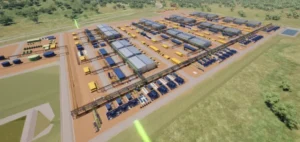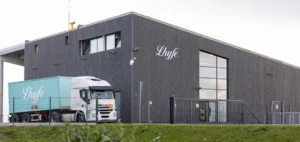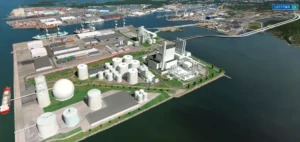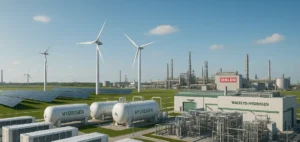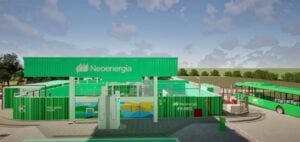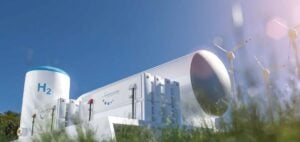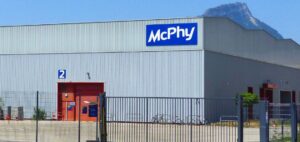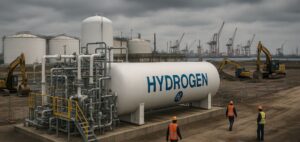TÜV Rheinland, a global leader in testing and certification services, announced the launch of its innovative certification program titled “H2-Ready”. This program aims to qualify materials used in the emerging hydrogen economy by ensuring their compatibility with pressurized hydrogen.
The “H2-Ready” initiative by TÜV Rheinland aims to certify materials used in critical applications such as piping and pressure vessels in large industrial installations. The “H2-Ready” certification confirms the materials’ ability to handle pressurized hydrogen, thus ensuring the safety and reliability of components.
Gunther Sproesser, Materials Expert at TÜV Rheinland, explains: “Our new ‘H2.23’ Standard combines the latest technologies with our global expertise to test material compatibility with hydrogen.” He highlights the challenges associated with using hydrogen, particularly its ability to penetrate materials, making them brittle and susceptible to component failures.
The Challenges of Pressurized Hydrogen
The use of pressurized hydrogen presents significant technical challenges. Hydrogen can infiltrate material structures, leading to embrittlement and deterioration of components. This can result in critical failures in industrial systems, compromising the safety and efficiency of installations.
To address these challenges, TÜV Rheinland has developed the “H2.23” standard, which sets strict criteria for material compatibility with hydrogen. This standard assesses the materials’ resistance to hydrogen penetration and their ability to maintain mechanical properties under pressure. Materials certified as “H2-Ready” are recognized for their suitability to withstand the demanding conditions of the hydrogen economy.
“H2-Ready” Certification Process
The “H2-Ready” certification process by TÜV Rheinland involves a series of rigorous tests aimed at evaluating material performance under conditions simulating real-world use with pressurized hydrogen. Manufacturers must submit their materials to hydrogen penetration tests, pressure resistance, and durability assessments.
Once the tests are successfully passed, manufacturers can affix the “H2-Ready” test mark on their products, demonstrating their compliance with TÜV Rheinland standards. This certification allows manufacturers to reassure their customers about the safety and reliability of their materials, facilitating their integration into hydrogen systems.
Impact on the Hydrogen Industry
The launch of the “H2-Ready” certification comes at a crucial time for the hydrogen industry. With the ongoing energy transition and the focus on renewable energies, hydrogen is increasingly recognized as a key solution for decarbonizing various industrial sectors.
By certifying materials suitable for pressurized hydrogen, TÜV Rheinland contributes to establishing high safety standards within the industry. This enhances investor and consumer confidence in hydrogen technologies, thereby boosting the adoption and development of sustainable energy solutions.
Partnerships and Certifications
TÜV Rheinland has already certified several materials from “Busch + Kunz”, a leading European manufacturer of weld fittings, in accordance with the “H2-Ready” Standard. This partnership underscores TÜV Rheinland’s commitment to collaborating with key industry players to promote safe and sustainable practices.
In addition to certification, TÜV Rheinland offers consulting and support services to help companies comply with new standards and effectively integrate hydrogen into their operations. This holistic approach ensures a smooth transition to a hydrogen economy, minimizing risks and maximizing benefits for businesses and society.


